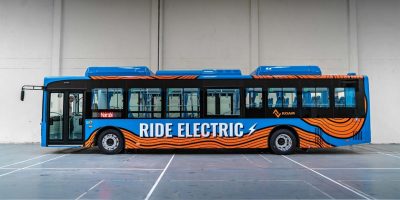Swedish-Kenyan electric mobility company Opibus has today announced that it has closed on a round of equity and grant fundraising totalling $7.5 million (KES 835 million). According to the company, this is the largest sum of money raised by an electric mobility company across Sub-Saharan Africa. This eclipse the $4 million, the startup had raised previously by angel investors.
The funding was led by Silicon Valley fund At One Ventures, backed by Factor[e] Ventures and pan-African VC firm Ambo Ventures.
Founded in 2017, the company has been well-known for its unique venture of converting diesel and gasoline vehicles in Kenya to electric. Led by a group of five Swedish investors, Opibus had started working closely with the Nairobi City County government and Matatu Owners Association to make the ambitious move a reality. The firm initially began transforming vehicles for Maasai Mara National Game Reserve Hills National Park and Lewa Wilderness to electric.
But it now seems that the firm will have enough funds to start delivering electric buses. The first is expected to be done by the first quarter of next year.
“We are proud to be backed by globally recognized investors providing a balance between deep-tech and emerging market expertise. We have together reached a clear strategic and visionary alignment, with the conviction that mass manufacturing of electric mobility solutions in Africa will not only make the products more accessible and affordable but also lead to one of the largest industrialization and welfare transitions of the region in modern time,” said Opibus’ CEO and co-founder, Filip Gardler.
As reported by TechCrunch, the company has already started taking pre-orders of its electric motorcycles, while confirming that the demand is promising. The bikes are set to retail from $1,300 (roughly KES 145,000) depending on several features like battery capacity.






Comments